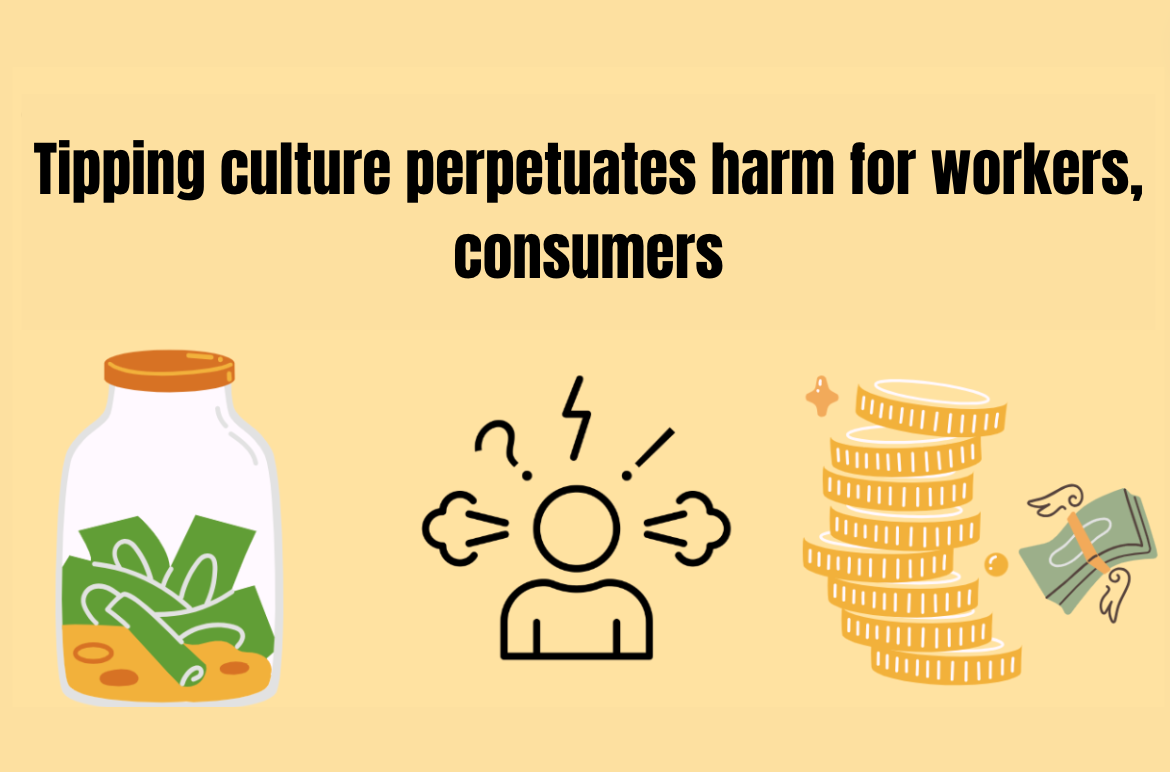Recently Bill Maher and Ben Affleck got into a heated debate over whether Islam as a whole is a peaceful religion. The debate soon went viral with people from all sides chiming in with their opinions.
While both sides brought up valuable points I think that Ben Affleck did much harm by simply putting down Maher’s argument as being bigoted and unthought out. I think it is besides the point to examine the texts of the Qu’ran as there are uncontextualized examples of both peace and bigotry. A certain cultural relativism regarding the time period in which it was written must also be applied.
It is important to examine how Islam manifests itself in politics and society. This is what is relevant as to whether Islam as a belief and sociological system promotes peace. While an idea can be theoretically peaceful, the way in which it is applied is what decides if it is a force for peace, violence or a variation between the two.
Religion has proved to be a potent means of expressing social identity in this new age of identity politics. The New Christian Right in the US has been significant in defining issues such as anti-abortion, creationism, opposition to gun control, gay rights and stem cell research. While these issues are divisive and would pose the argument that Christianity influences the promotion of traditional and backwards ideas, Islam goes much further in its sphere of political and societal influence. Islam is not, and never has been, just a religion. It is a complete way of life with instructions on moral, political and economic behavior. This has turned Islam into a political creed which people have come to know as Islamism.
Just as Al Quarismi and the Golden Age of Baghdad are used as examples of Islamic intellectualism, the crimes committed by The Islamic State In Syria and the Levant are acceptable examples of how Islam influences violence across the world. Modern day interpretation of Islam is a man made institution which provides a language to express faith. If you perform actions in the name of your belief system and if you call yourself a muslim than you are just that and no one can say you’re not. Islam can be used both to promote evil and good, but there is a fundamental difference in how you decide to interact with that ideology. This is where Islam has set a precedent for espousing itself in autocratic societies and militant groups.
Islam is a vast religion; its main spheres of influence include South-Eastern Europe, South Asia, South East Asia, Central Asia, Africa and the Middle East. With so many regions being represented it would be ignorant to say that Muslims are intolerant or extremist in nature. However Islam as a political and cultural entity is not peaceful and is a force for violence and oppression in the world today.
The rise of Wahhabi Islam in Saudi Arabia has anchored Islamic culture in violence and it is amplified by the the Al Saud family funding Wahhabi Islam in return for their absolute monarchy being able to stay in power. However, it would be foolish to dismiss this patriarchal and violent sect of Islam as un-Islamic as it is a cultural phenomenon along with all universalising religions. Additionally Qutbism, another sect of Shiite Islam, has evolved out of Wahhabi Islam which entered the sphere of influence through the Muslim brotherhood in countries such as Jordan, Egypt, Sudan and Syria.
Even in a democratic country such as Indonesia there are a high number of violent attacks performed by groups such as, Jemmah Islamiya Islamist and Dar al-Islam and it is only because of it being a member of the Association of South East Nations (ASEAN) that it is kept in check as a constitutional republic.
I am not insinuating that even a decent sized portion of the 1.6 billion muslims, living in a diverse range of cultures and countries, are inherently violent or repressive, however when a belief system is misrepresented to such an extent in order to justify perpetual violence there comes a point when you must question if the idea itself is a promoter of violence. That is what I have done and after looking at how Islam has diffused itself into different cultures throughout the world I have come to the conclusion that Islam is not a peaceful set of ideals, or at least in the way it is being interpreted, and all that matters in reality is out come.
For example, communism is a wonderful ideology but a terrible political system not just political, but socially as well. Islam is a peaceful and deeply spiritual belief system that has promoted politico-spiritual unity, but it has been used to justify violence on such a macro scale that it can no longer be called peaceful in practice. For example the median percentage of Muslim in South Asia wanting to make Sharia law their exclusive judicial system is 84 percent and the median percentage in Sub-Saharan Africa is 64 percent. While this in no way means that these Muslims advocate violence this does enable Islam to transition from being a religion to a political community. This then allows for the view that women should always obey their husband which held by 75 percent of people living in majority Muslim countries, besides Southern and Eastern countries, to hold and validate this opinion. Yes, a certain level of cultural relativism should be considered but this is why Islam by gaining more political influence than other religions has differentiated itself as an upholder of these archaic values.
This is not an orientalist view that is taken because the ideas of militant Islam are incompatible with the liberal-democratic ideas of the west, but it is a valued judgement on the richly variegated and complex nature of majority Muslim societies. I am not trying to marginalize 1.6 billion people, rather I am attempting to start a collaborative dialogue where we can debate the validity of an idea, in an intellectual way that is concerned with how that idea is executed, and not the individuals who follow that idea. I think that a misconception of the inherent value diversity and inclusion can often lead to us mislabeling statements as bigoted. Many people still see diversity as necessary because it is politically correct. This definition however inhibits our ability to question contentious ideas and it also prevents the creation of a culture of equity as people don’t see diversity as something that is fundamentally beneficial to us as a community in a pragmatic sense. Our primitive view of diversity is actually feeding islamophobia as the inability to discuss Islam as an idea in an open forum, due to the fear of not being politically incorrect, leads to the flow of misinformation on the subject. Ben Affleck did this when he inhibited the ability to discuss some of the multi-layered issues of contemporary Islam as he felt any criticism of this belief system would go against his liberalist values.







